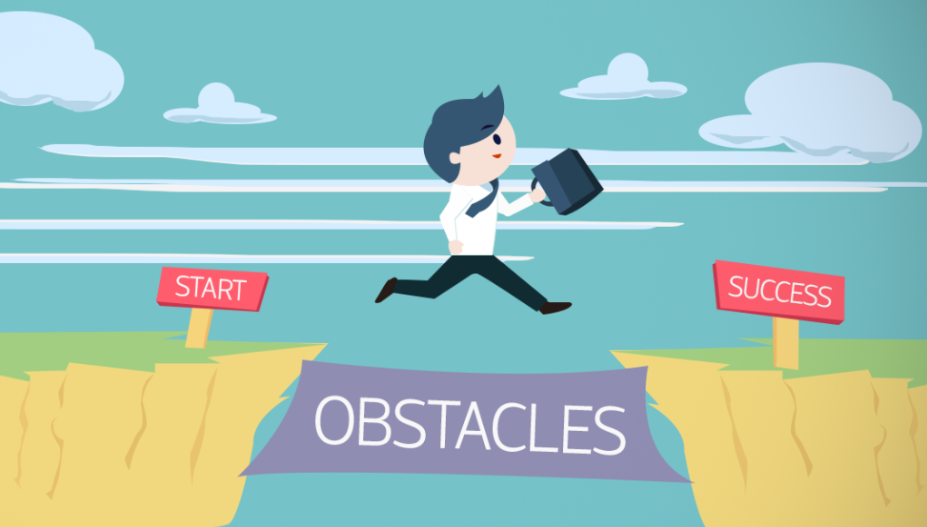The other night, I was having dinner with some friends when someone asked me a typical American question: “What do you do for a living?”
“I’m a professor at a local university and teach entrepreneurship,” I replied, knowing the usual follow-up question that would come next: “Hasn’t Bill Gates (Microsoft), Steve Jobs (Apple), Mark Zuckerberg (Facebook), and Larry Page and Sergey Brin (Google), shown that you do not need to go to college to be a successful entrepreneur?”
There is a growing misconception that higher education is not needed for entrepreneurial success, but that is just not true. A Kauffman Foundation study revealed that over 90% of American tech company founders hold a bachelor’s degree, and those with MBA’s are able to start and build their companies faster.
For the passionate entrepreneur, educational programs (especially those using the case study method) offer a great place to start learning practical skills that can reduce the learning curve for running a company. Let’s look at four ways entrepreneurship education can help the aspiring entrepreneur:
1. Innovation Labs (i-lab) and Accelerators:
There’s certainly overlap between incubators and accelerators, but the big difference is in the stage of the start-up. An incubator is a place where pre-revenue start-ups go to learn about their business model and how to build a company. The accelerator in most cases is post-revenue, has a specific amount of time in the accelerator, and receives a certain amount of funding for equity in the company. They are more interested in creating growth with the assistance of investors and connections.
There are 243 i-labs and accelerators located within universities around America. The University I teach at is creating an i-lab, which is slated to open April 11, 2019, for students, faculty, and local start-ups. These i-labs and accelerator programs connect young entrepreneurs to real start-up resources such as business mentors, lawyers, marketing personnel, classes, accountants, access to investors, and much more. This type of immersive education in entrepreneurship is harder to come by when you are starting out on your own.
2. Experiential Leaning
It is imperative that when studying entrepreneurship, you choose a university or set of courses that are taught by professors with real experience in the start-up world. It is just as important that the class be an experiential learning class (which emphasizes “doing” by applying learned skills, instead of just learning from the textbook). While some believe that entrepreneurship is not an innate talent that people are born with (which is a debatable claim), and you can therefore study to be an entrepreneur, entrepreneurship is—above all else— a skill that can be cultivated through learning, studying, and creating businesses. I agree when people say, “You can’t learn to be an entrepreneur from a book,” because books alone will not teach you all you need to know. That is why experiential learning must be part of the entrepreneurial development process. It is absolutely critical.
Entrepreneurs are much better off learning by “doing” and meeting mentors who have been down the start-up path and experienced most things themselves. These mentors are invaluable when it comes to learning and making the fewest mistakes as possible. They can give you advice from the journey they forged before you. Learning from the mistakes they made is one of, if not the, greatest opportunities to grow as an entrepreneur.
3. Learning Leadership Skills:
It’s often said that more than half of new businesses fail during the first year. According to the Small Business Association (SBA), this isn’t necessarily true. The SBA states that only 30% of new businesses fail during the first two years of being open, 50% during the first five years, and 66% during the first 10.
The good news? Business majors with a track in entrepreneurship are required to take courses in leadership, problem solving, entrepreneurship creation, and introductory management skills, which heighten their chances of defying those statistics.
Entrepreneurship courses like the one I teach, “Presentation Strategies for Entrepreneurs,” will help you determine whether your business model will be feasible before you put any money into your new venture.
When I truly understood that I was never going to be the smartest person in the room just because I was CEO, I started trusting my expert employees to do what they do best: create and execute. I learned that I was only a teacher that gave them the vision they needed, and then I would turn over the reins. The secret then is to measure and double measure my metrics to help guide my employees. This type of leadership worked well for me. Leading is knowing where you are going and communicating that clearly to those working with you.
4. LOVE what you do:
As I tell my students at the beginning of class and the closing of the semester, “You have to do what you love, because you will spend one third of your life doing it.”
Entrepreneurship is very lonely at the top. It consists of ungodly amounts of worrying, anxiety, time, effort, and much more. If you don’t like being on the edge—living life one day at a time—then entrepreneurship is not for you.
I was an airline pilot for 20 years and hated it! When I created my first company in 1992, built it, and sold it to a larger firm, I knew I was going to be an entrepreneur for the rest of my life. The 25+ years since then as an entrepreneur have been the most exhilarating, educational, and fun years that I’ve had in my entire life.
Teaching entrepreneurship at universities is also filled with a great deal of excitement. Being able to give back what was so freely given to me is the joy of my existence these days.
You must do what you love, or you will be miserable for a long time.
Happy entrepreneuring!😊







